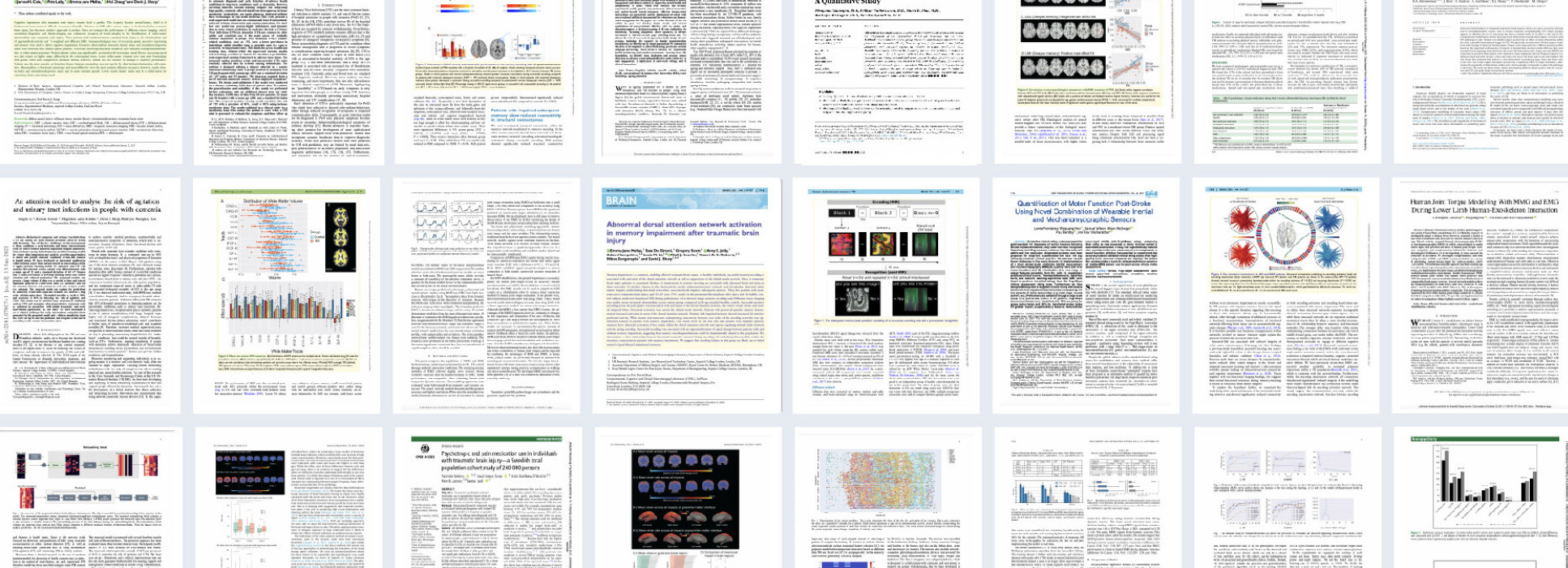BibTex format
@article{Tiersen:2021:10.2196/27047,
author = {Tiersen, F and Batey, P and Harrison, MJC and Naar, L and Serban, A-I and Daniels, SJC and Calvo, RA},
doi = {10.2196/27047},
journal = {JMIR Aging},
pages = {1--20},
title = {Smart home sensing and monitoring in households with dementia: user-centered design approach},
url = {http://dx.doi.org/10.2196/27047},
volume = {4},
year = {2021}
}
RIS format (EndNote, RefMan)
TY - JOUR
AB - Background:As life expectancy grows, so do the challenges of caring for an ageing population. Older adults, including people with dementia, want to live independently and feel in control of their lives for as long as possible. Assistive technologies powered by Artificial Intelligence and Internet of Things devices are being proposed to provide living environments that support the users’ safety, psychological, and medical needs through remote monitoring and interventions.Objective:This study investigates the functional, psychosocial, and environmental needs of people living with dementia, their caregivers, clinicians, and health and social care service providers towards the design and implementation of smart home systems.Methods:We used an iterative user-centered design approach comprising nine sub-studies. First, semi-structured interviews (N = 9 people with dementia, 9 caregivers, 10 academic and clinical staff), ethnographic observations in clinics (N = 10 people with dementia, 10 caregivers, 3 clinical monitoring team members), and workshops (N = 35 pairs of people with dementia and caregivers, 12 health and social care clinicians) were conducted to define the needs of people with dementia, home caregivers and professional stakeholders in both daily activities and technology-specific interactions. Then, the spectrum of needs identified was represented via patient-caregiver personas and discussed with stakeholders in a workshop (N = 14 occupational therapists, 4 National Health Service pathway directors, 6 researchers in occupational therapy, neuropsychiatry and engineering) and two focus groups with managers of healthcare services (N = 8), eliciting opportunities for innovative care technologies and public health strategies. Finally, these opportunities were discussed in semi-structured interviews with participants of a smart home trial involving environmental sensors, physiological measurement devices, smart watches, and tablet-based chatbots and cognitive
AU - Tiersen,F
AU - Batey,P
AU - Harrison,MJC
AU - Naar,L
AU - Serban,A-I
AU - Daniels,SJC
AU - Calvo,RA
DO - 10.2196/27047
EP - 20
PY - 2021///
SN - 2561-7605
SP - 1
TI - Smart home sensing and monitoring in households with dementia: user-centered design approach
T2 - JMIR Aging
UR - http://dx.doi.org/10.2196/27047
UR - https://aging.jmir.org/2021/3/e27047
UR - http://hdl.handle.net/10044/1/89720
VL - 4
ER -




